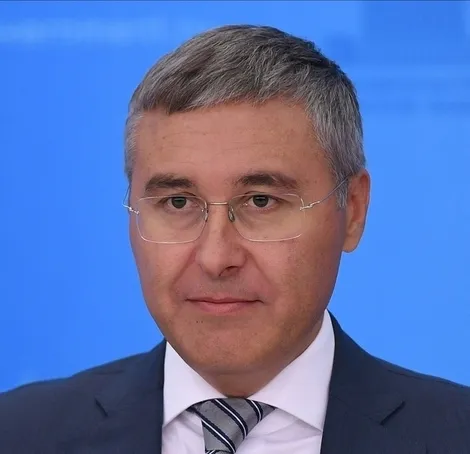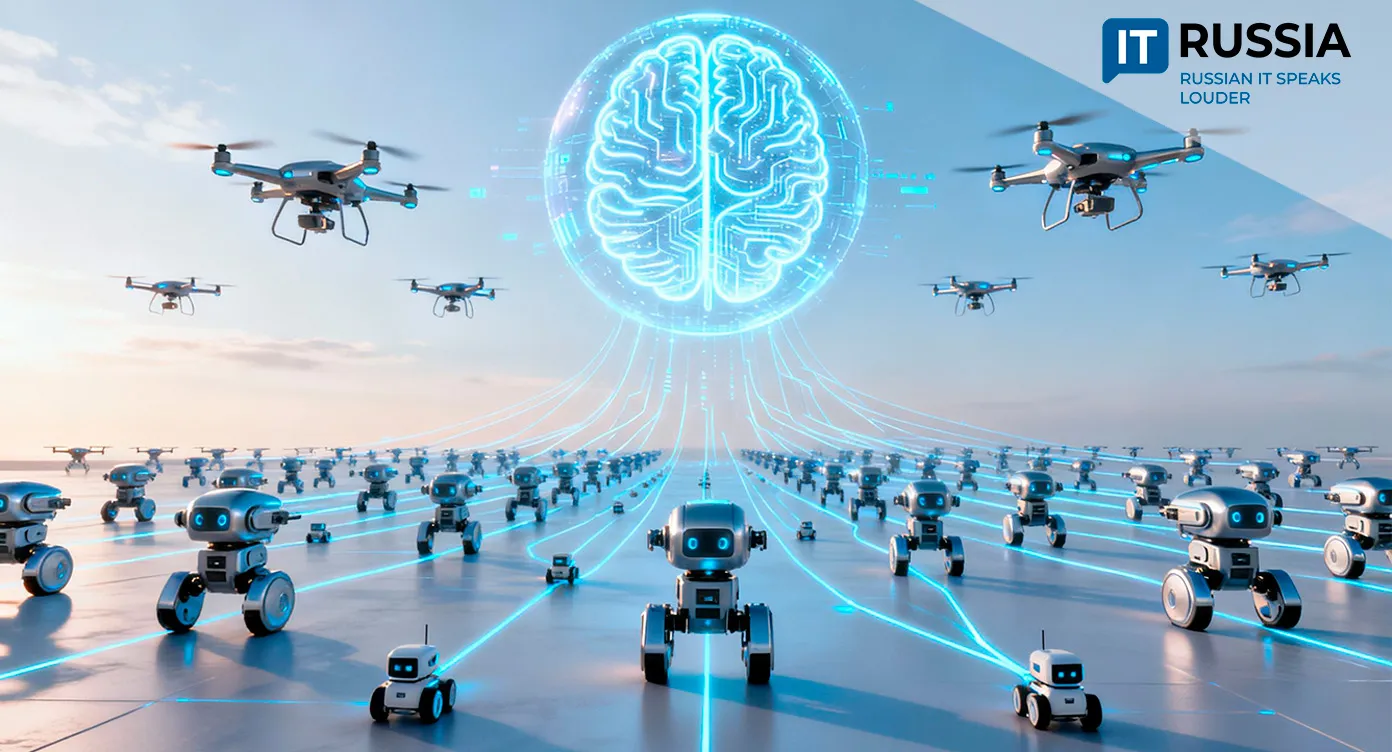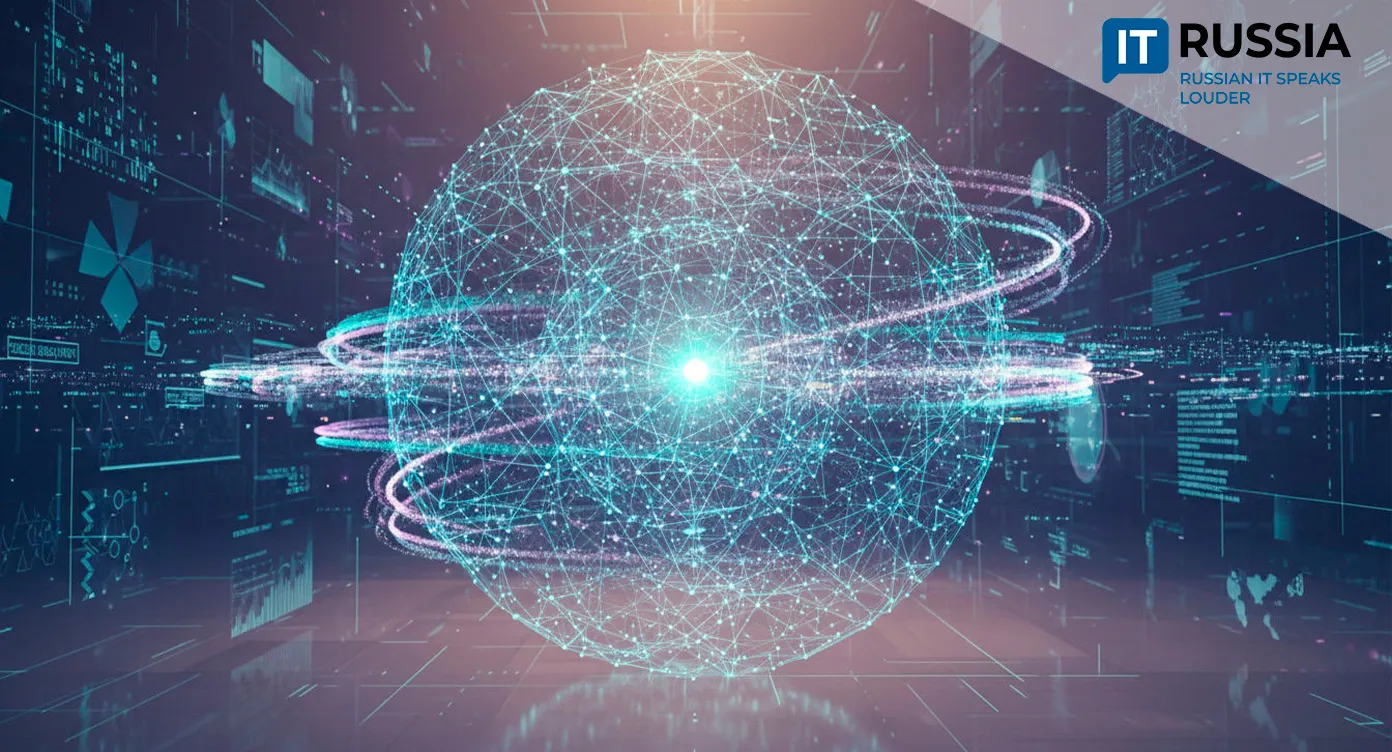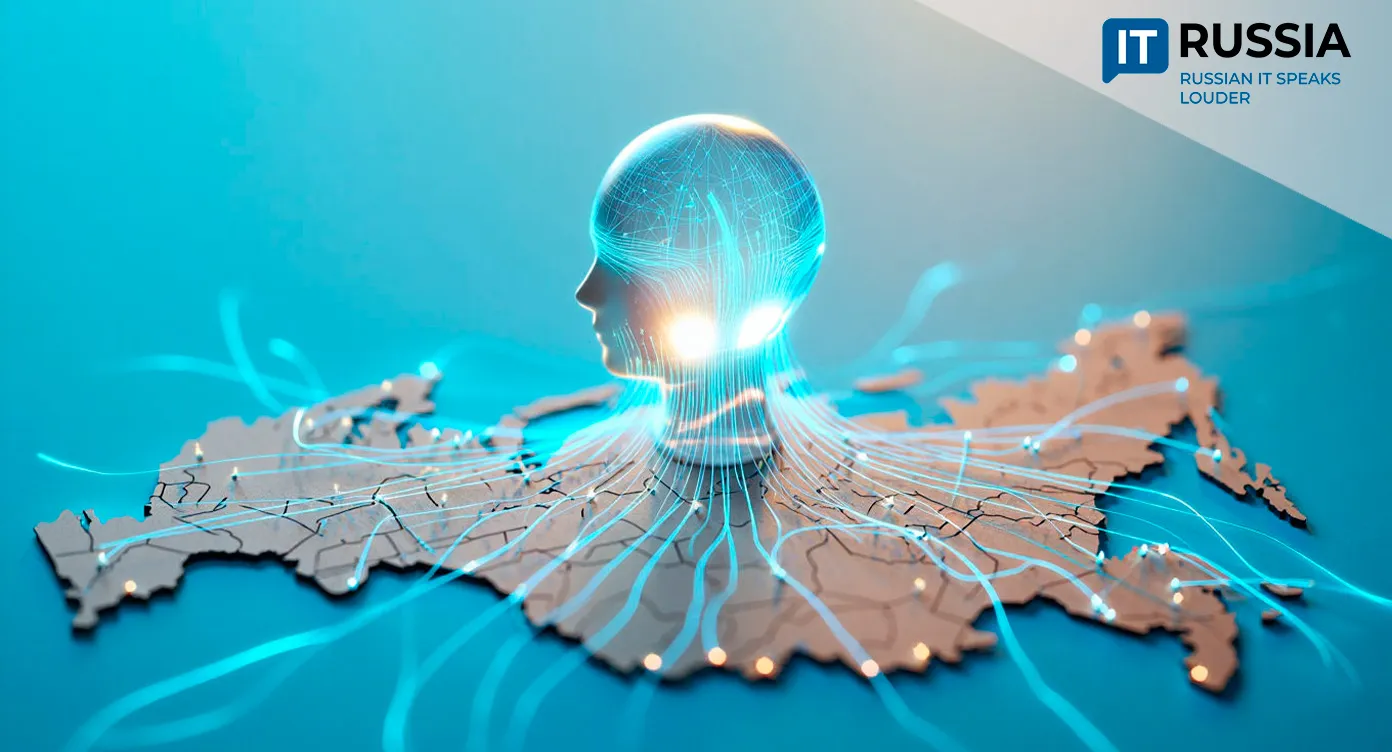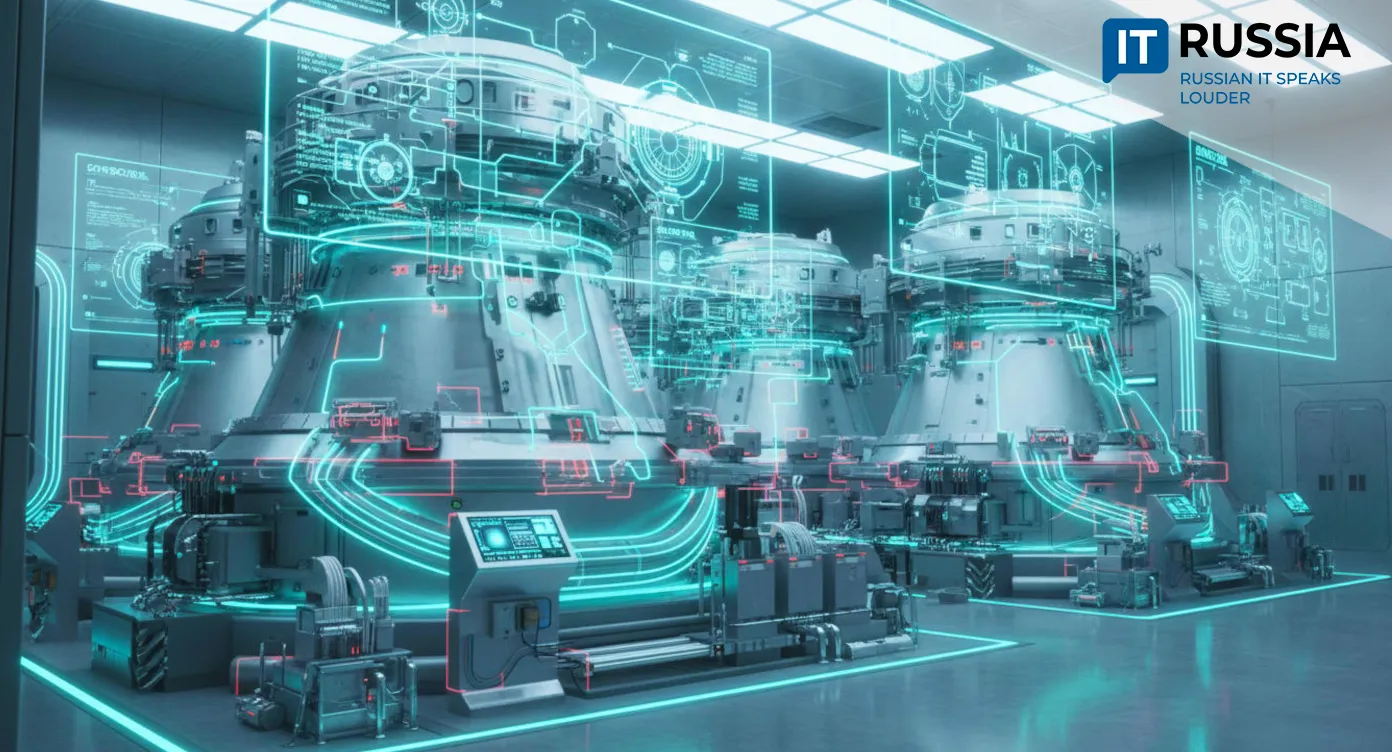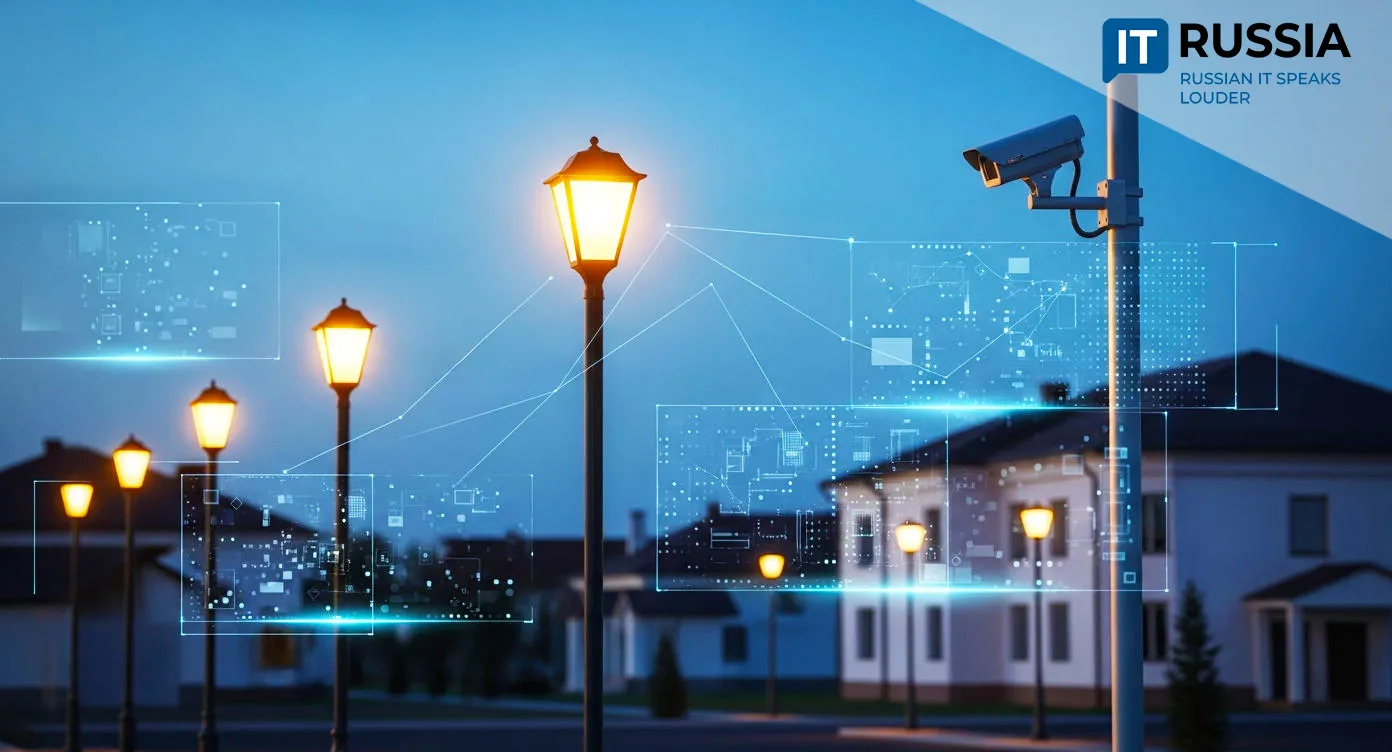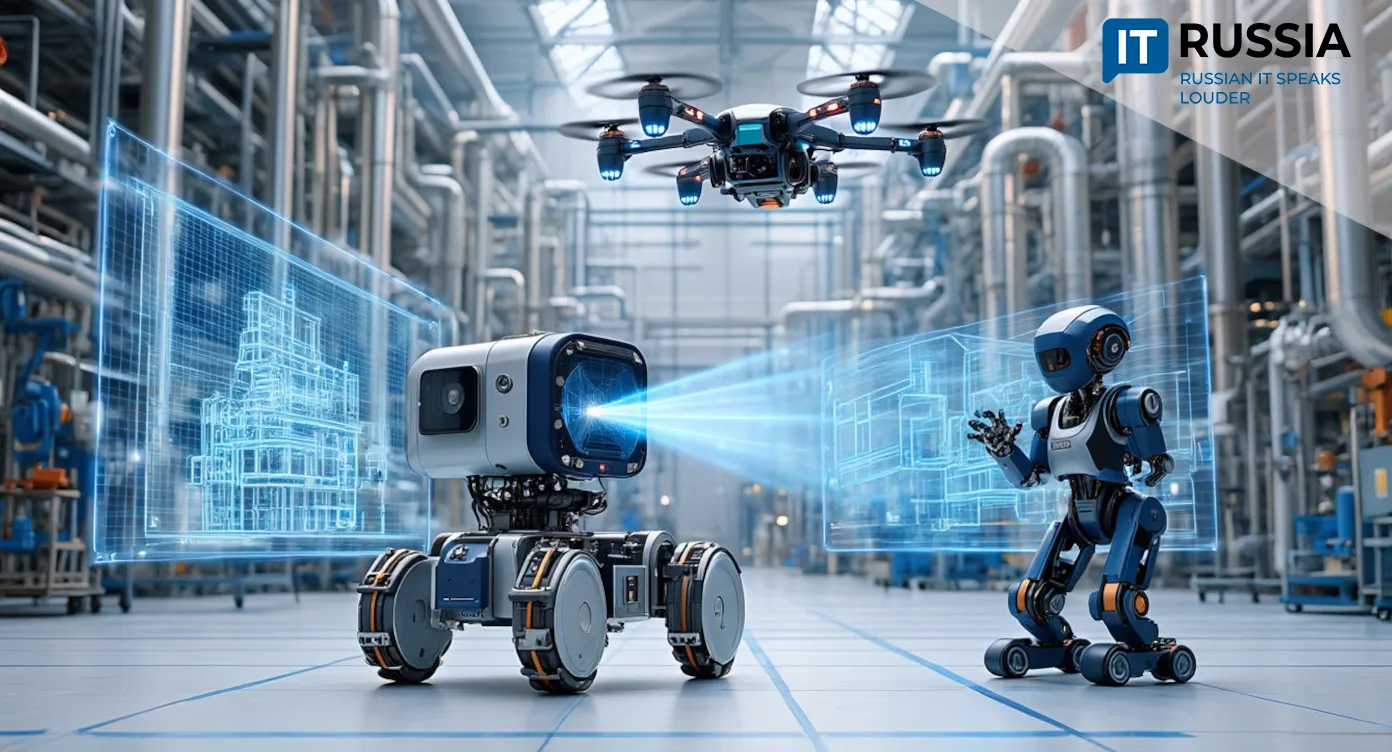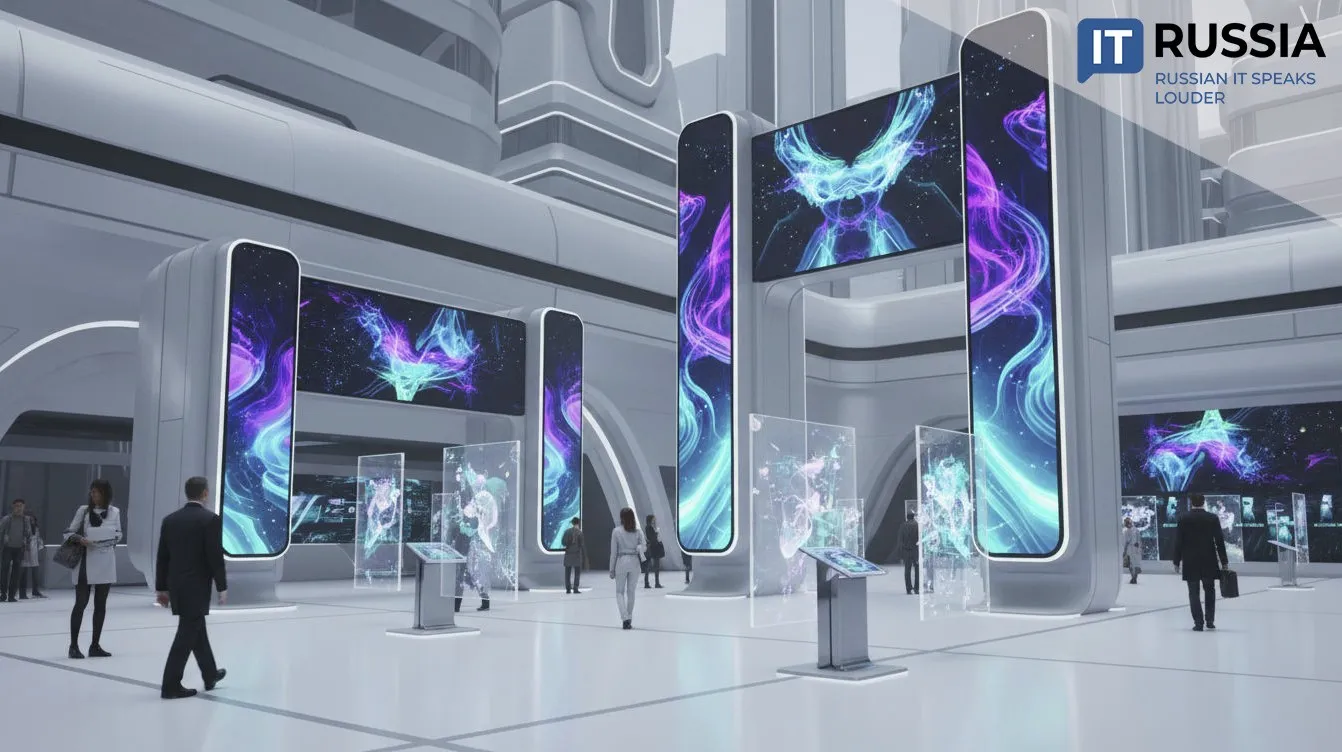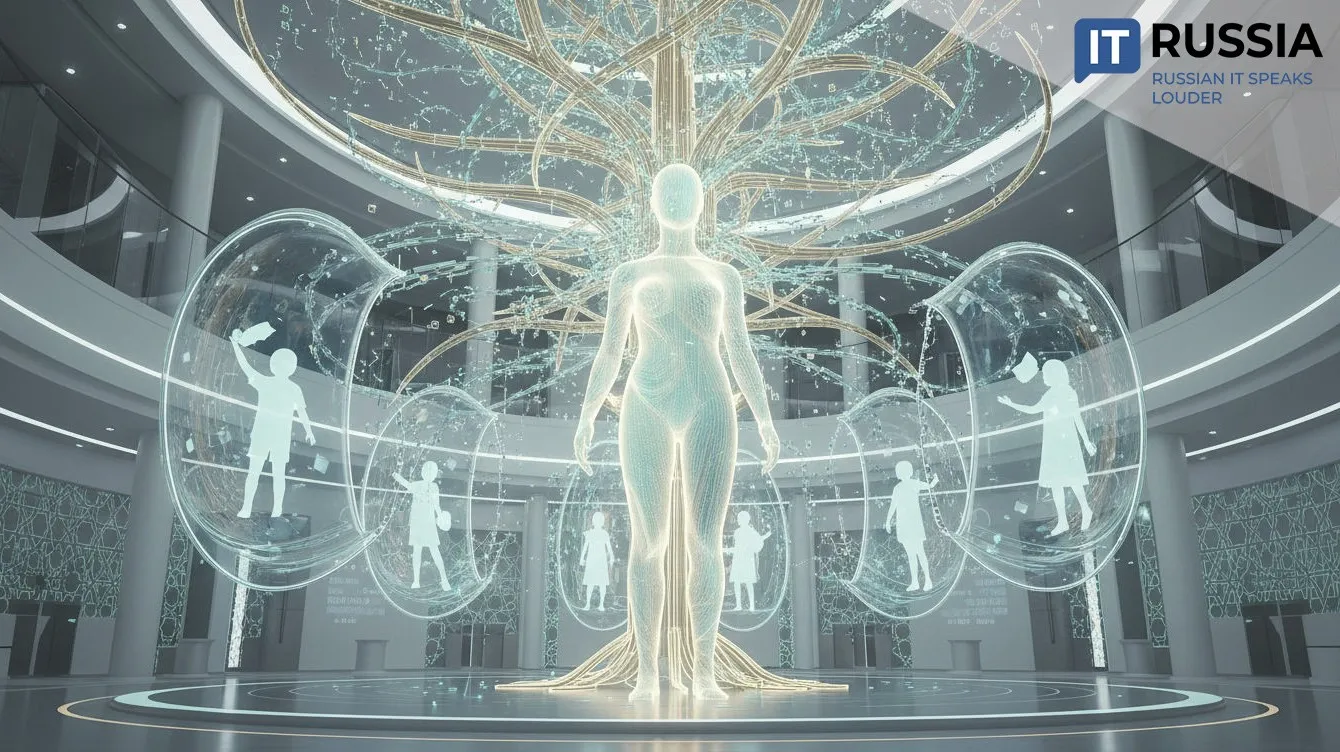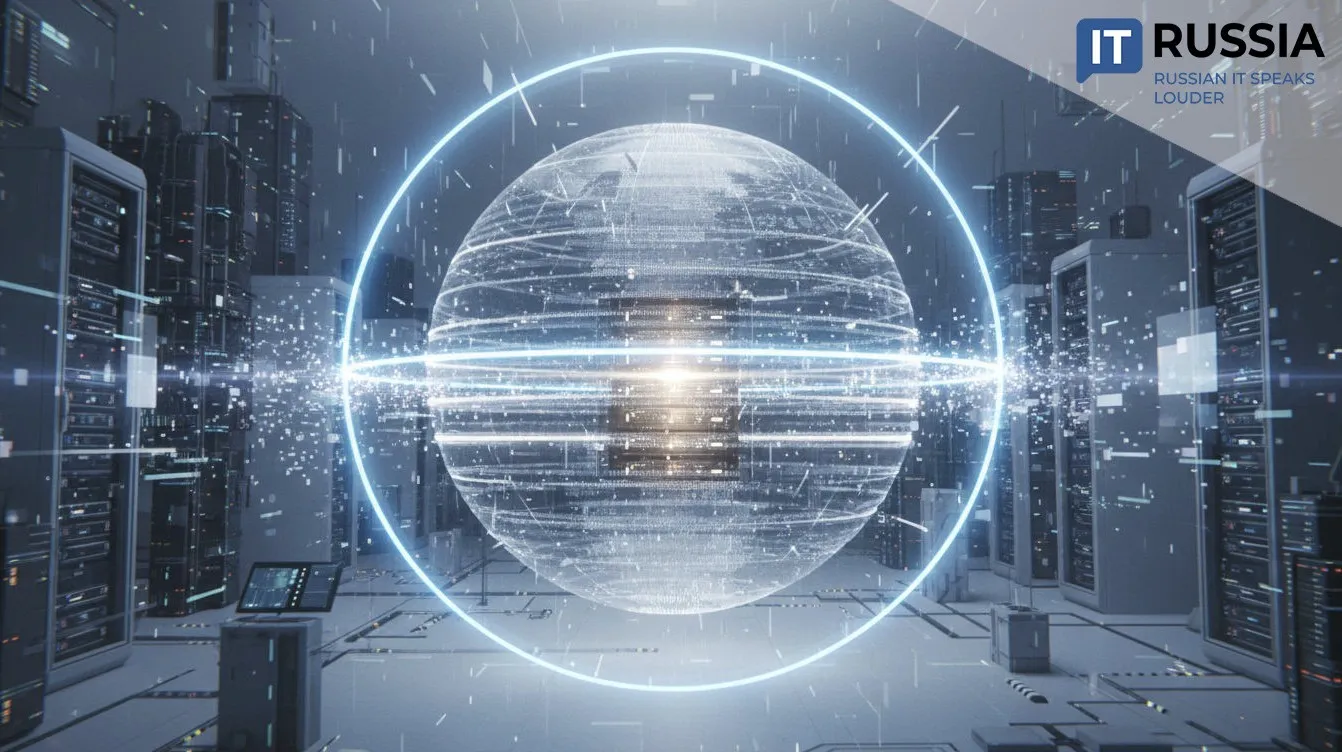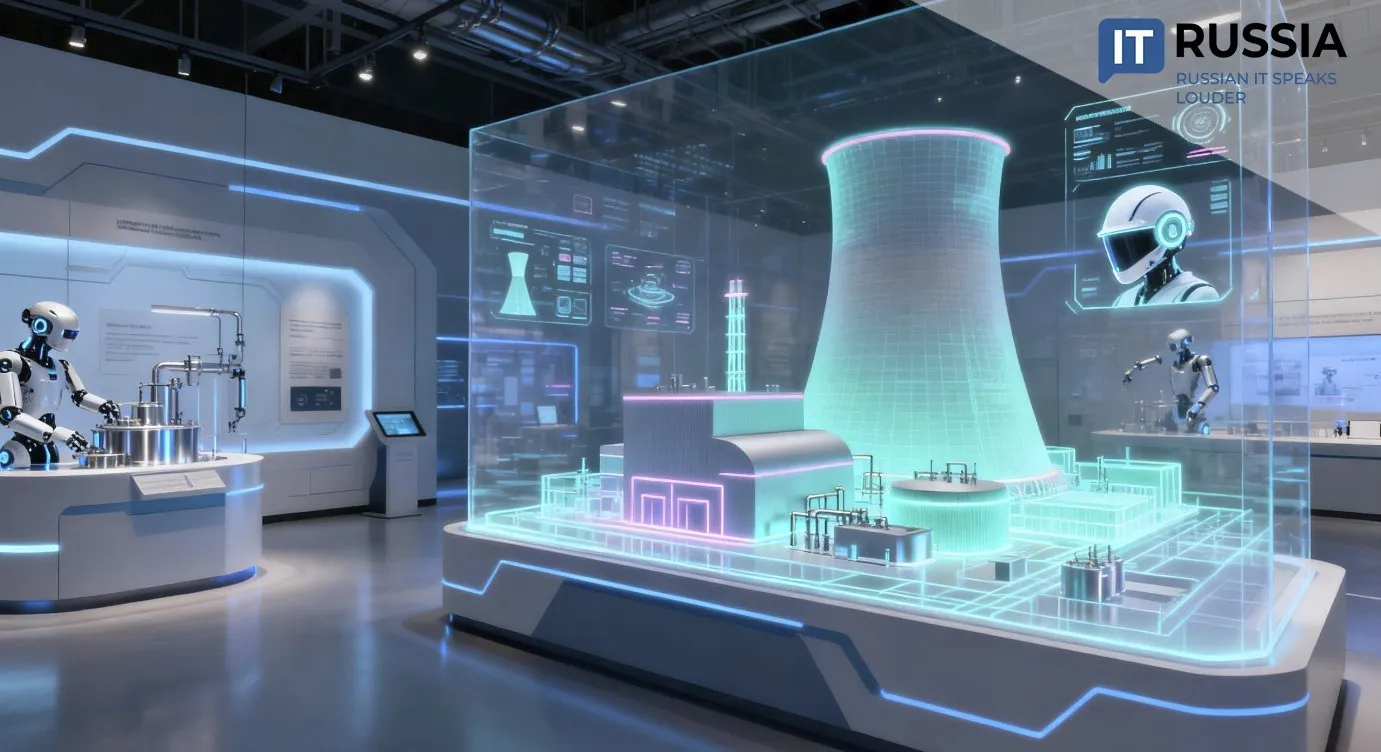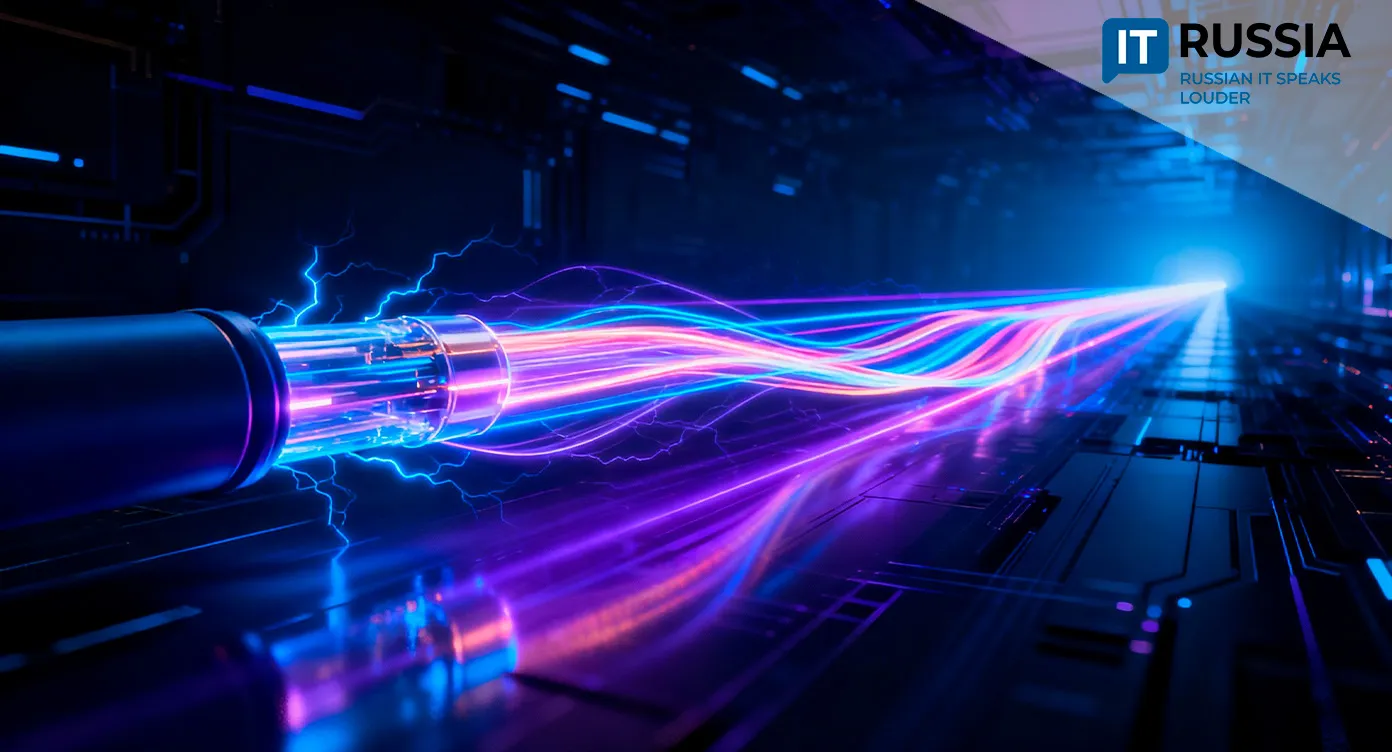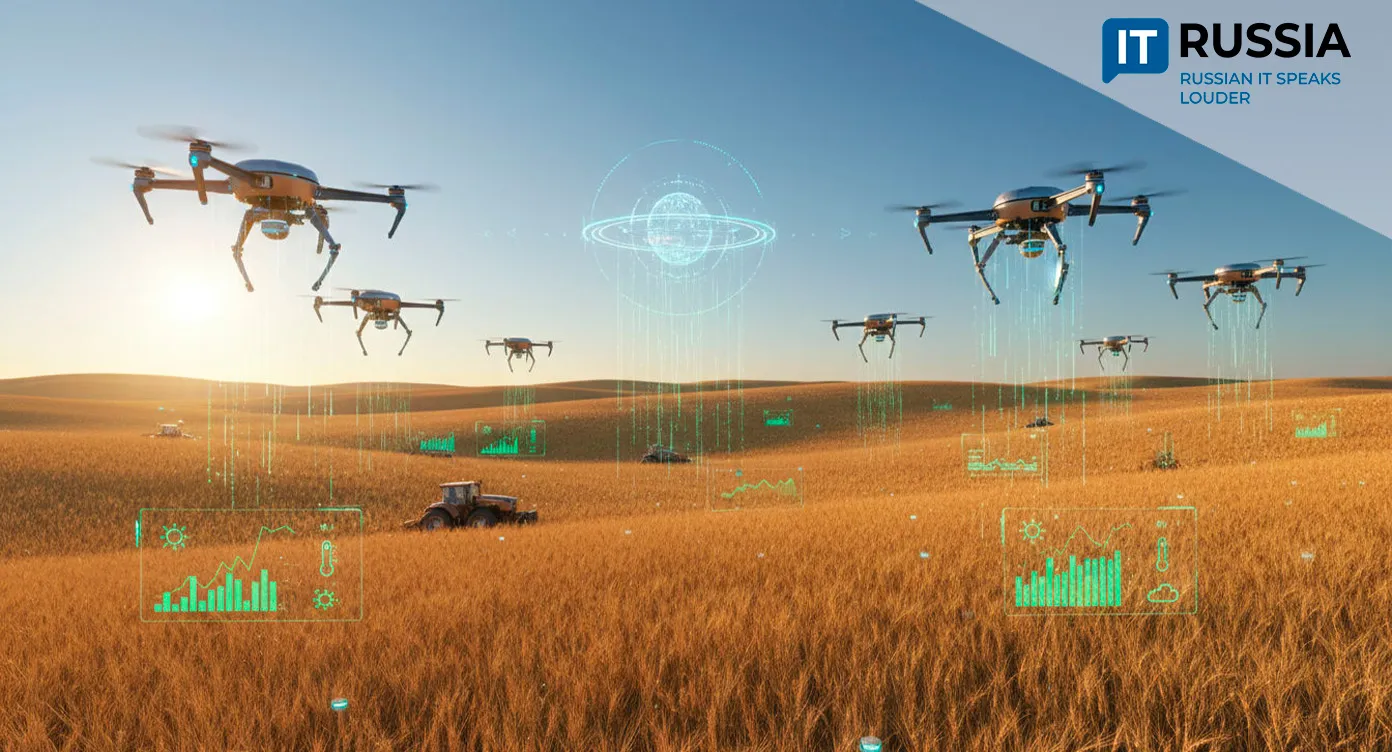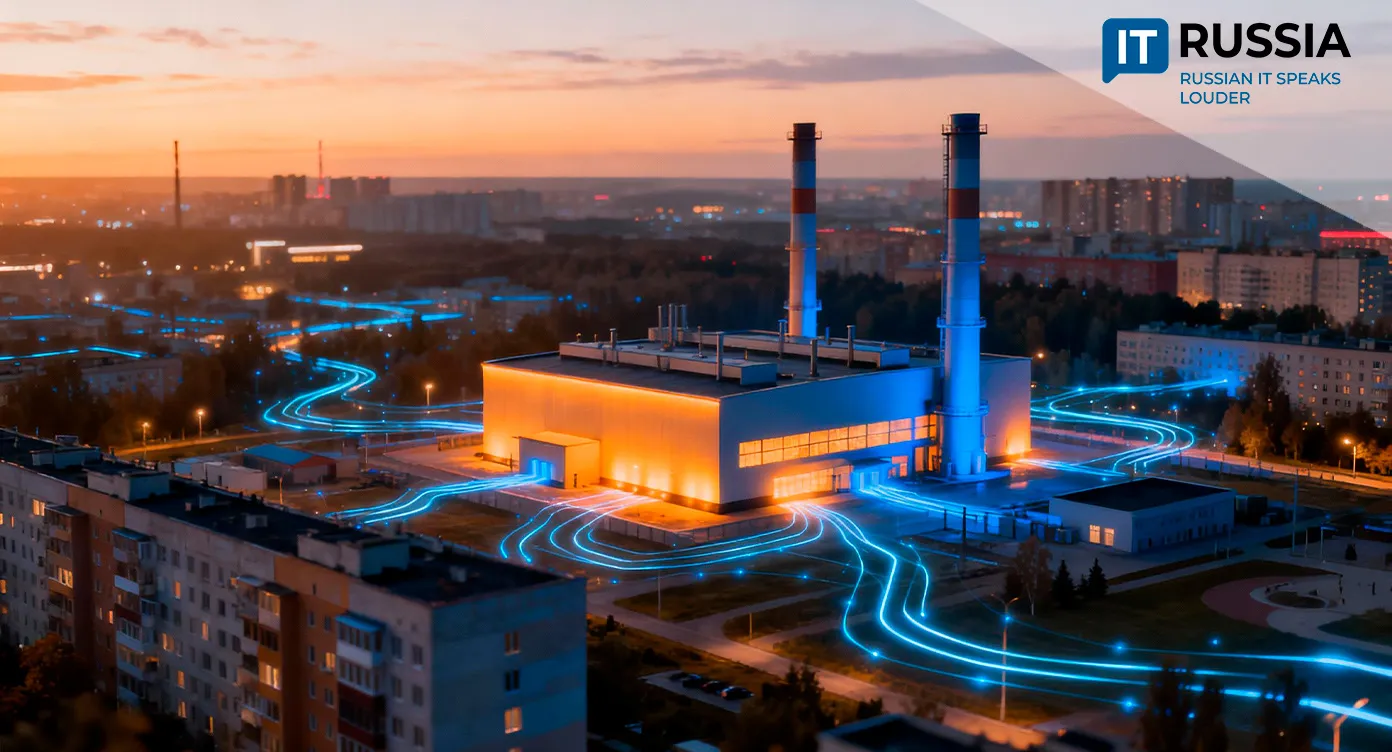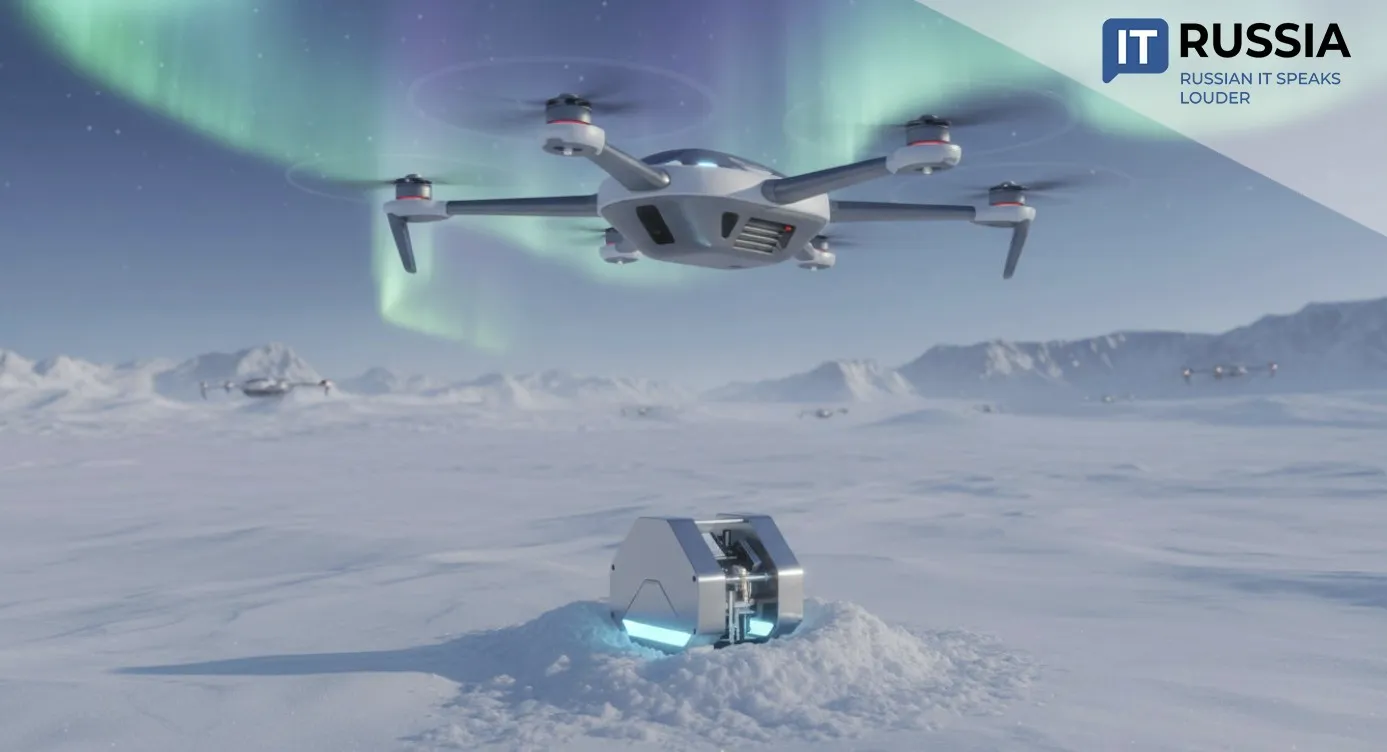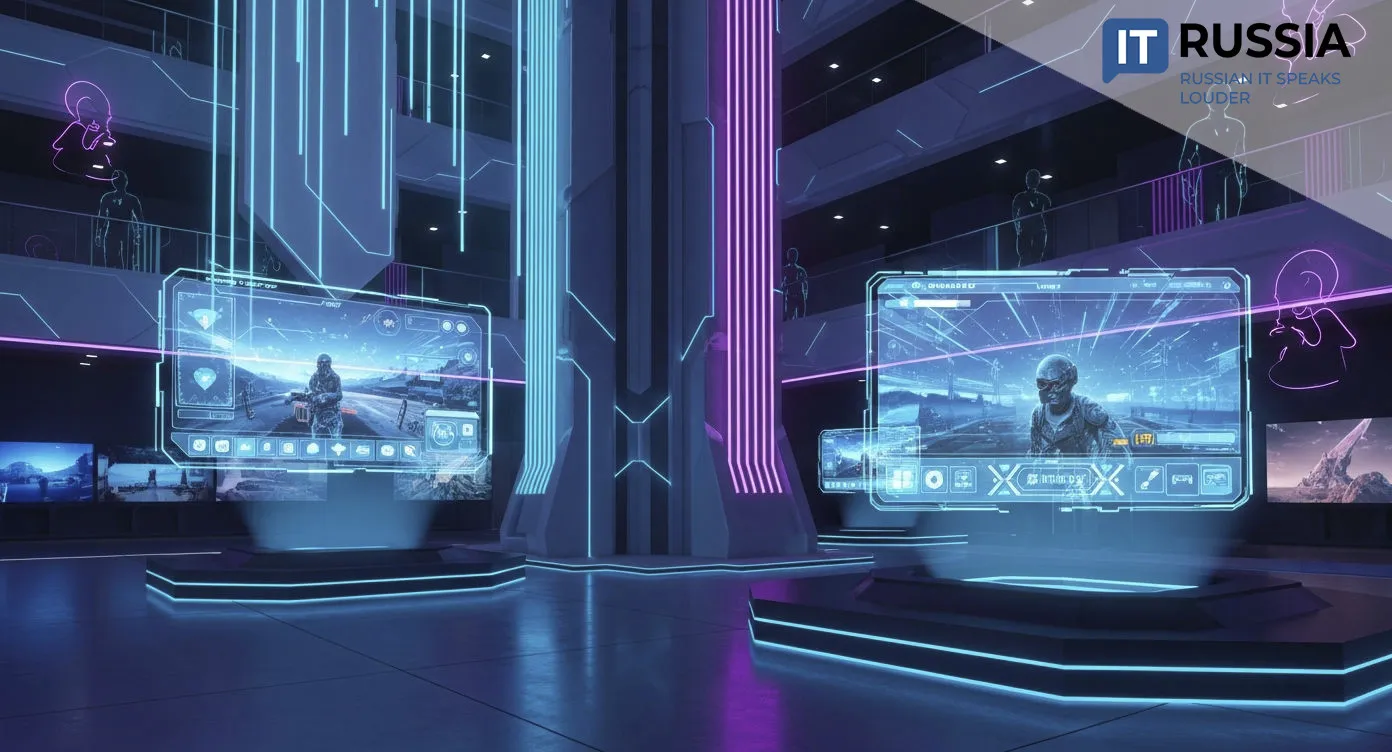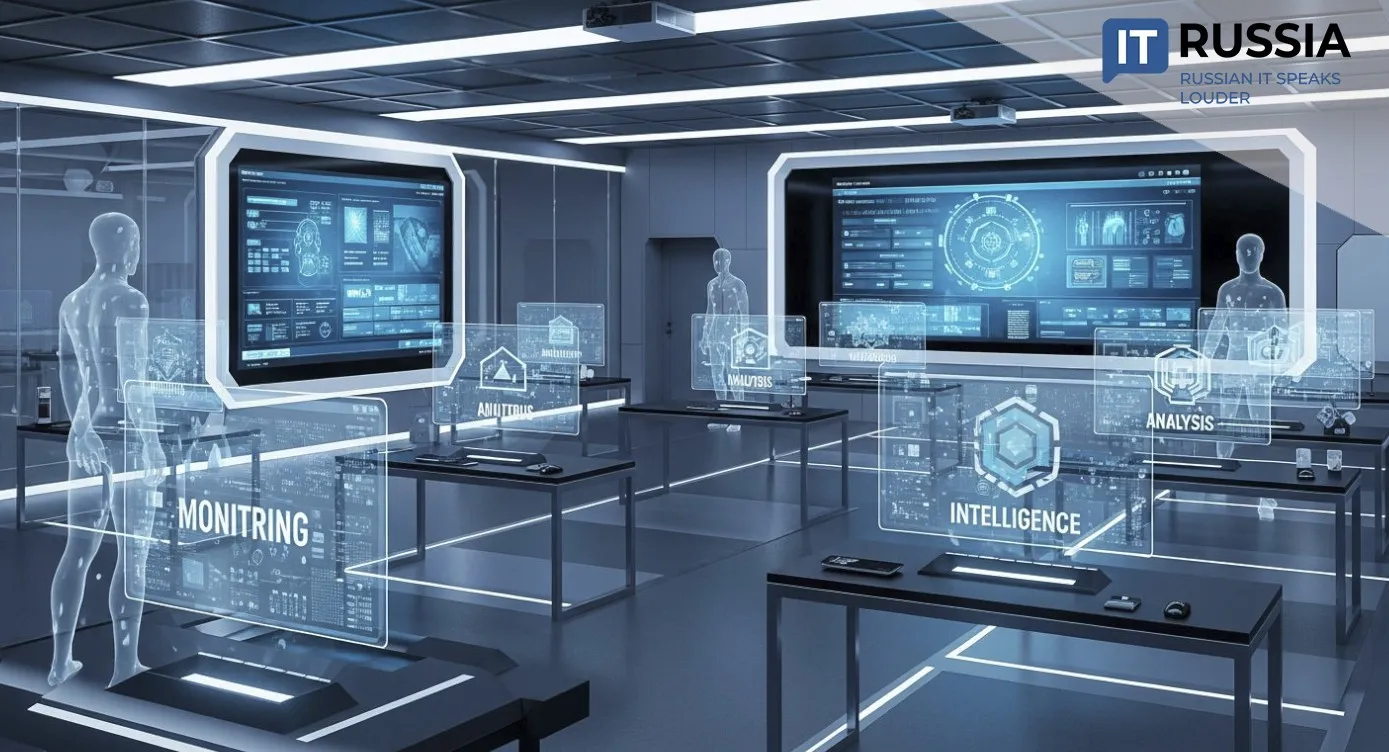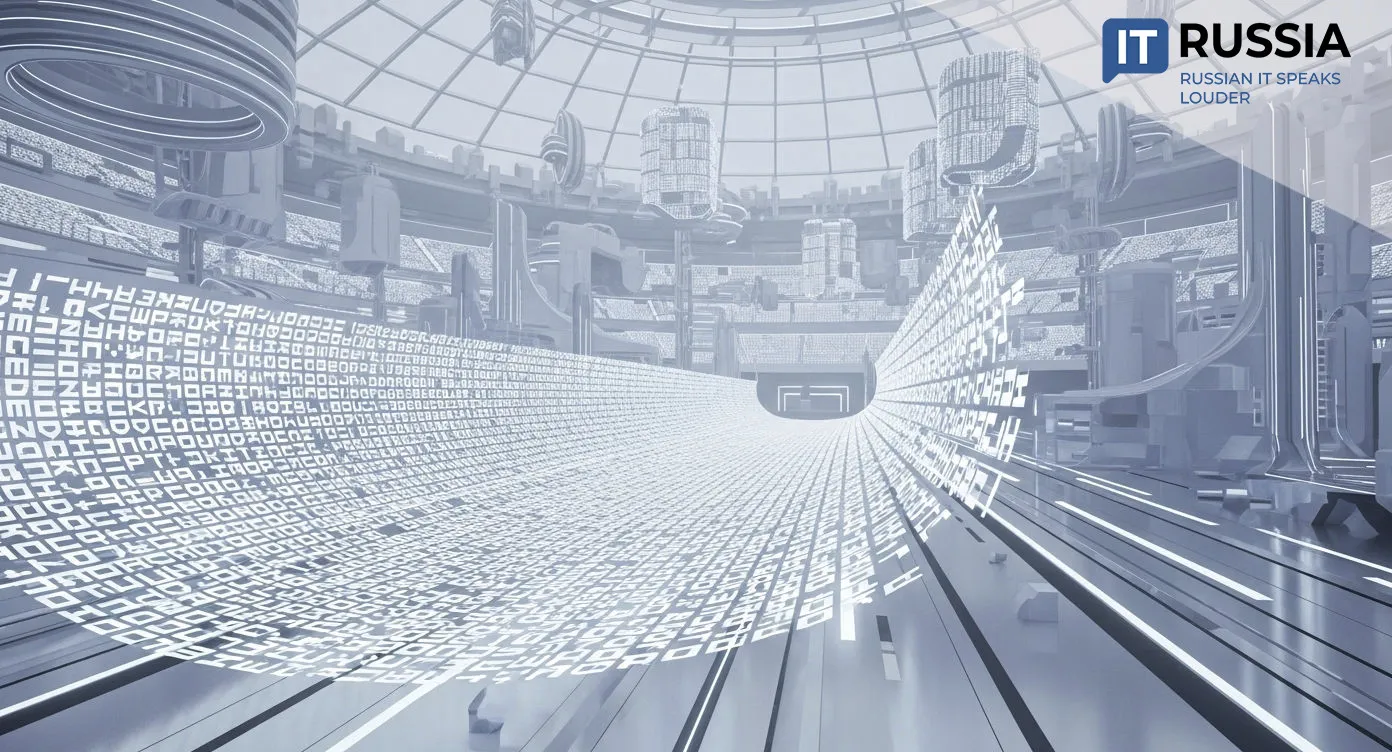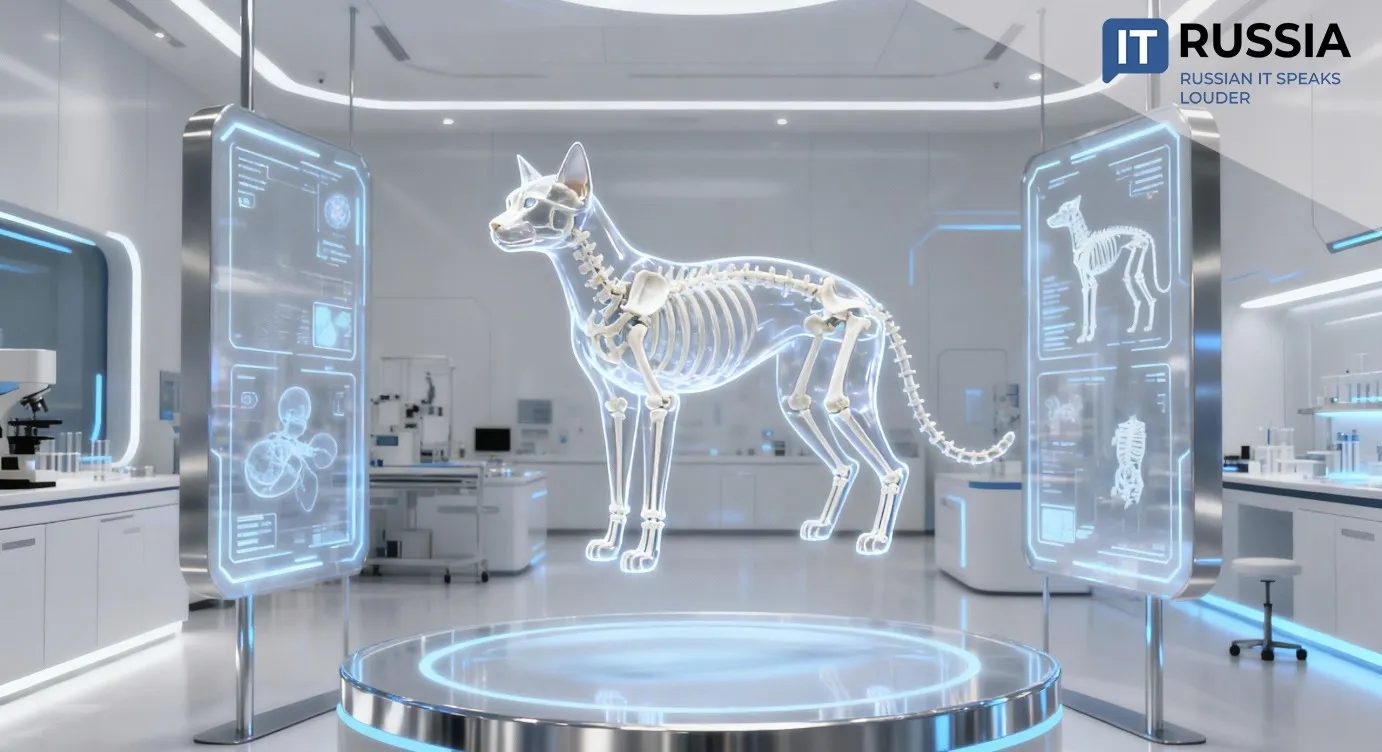‘King of the Hill’ in AI Education: Russia's University Rankings

A new ranking of Russian universities in artificial intelligence training reveals the leaders, the rising stars, and the evolving trends shaping the nation’s AI talent pipeline.
The Top Three Players
The latest ranking from the AI Alliance once again highlights the key players in Russia’s AI education market. Now in its third edition, the ranking groups universities by their capacity to train AI talent, with the strongest placed in Category A.
The Higher School of Economics (HSE) emerged as the undisputed leader, earning the top-tier A++ category. This is no accident, but the result of a systematic effort to develop modern academic programs, attract leading researchers, and build industry ties. HSE has long been advancing fields such as data science, machine learning, and the digital economy.
HSE Rector Nikita Anisimov attributes this success to the university’s ecosystem: “Our high standing in the AI Alliance ranking reflects the collective work of the entire university and its industry-leading partners. At HSE, a high level of digital culture is the norm for both students and staff, and AI research is increasingly multidisciplinary. Collaboration with major Russian tech companies is one of our priorities: we jointly run educational programs, conduct fundamental research, and develop applied projects. Our mission is not only to strengthen AI competencies but to help the country address national development challenges through this technology.”

In second and third place are traditional leaders: ITMO University and the Moscow Institute of Physics and Technology (MIPT), both in Category A+. They continue to excel in engineering and technical disciplines. Moscow State University (MSU) and Saint Petersburg State University (SPbU) also remain strong contenders, holding Category A, confirming that classical universities retain an important role in shaping future AI experts.
Investing in Human Capital
Newcomers to the ranking are drawing attention. The Financial University, previously in Category C, moved up to B — a sign of significant changes in its educational strategy, likely expanding AI-related programs in finance.
Other institutions on the rise include RUDN University, Ural Federal University, and Lobachevsky State University of Nizhny Novgorod. Their inclusion shows that AI training is becoming a nationwide priority, extending far beyond Moscow and Saint Petersburg.
The ranking is based on surveys of more than 150 employers about graduate demand, feedback from over 12,000 students on the quality of their educational environment, and data verification through universities’ online portals.
According to Alexander Vedyakhin, First Deputy Chairman of Sberbank’s Executive Board and Chairman of the AI Alliance Supervisory Board, the university ranking serves as a roadmap for developing the digital economy and ensuring technological sovereignty: “Investment in human capital, coupled with close cooperation between academia, industry, and business, creates a solid foundation for innovation — driving national progress and boosting the country’s global competitiveness in the AI era.”
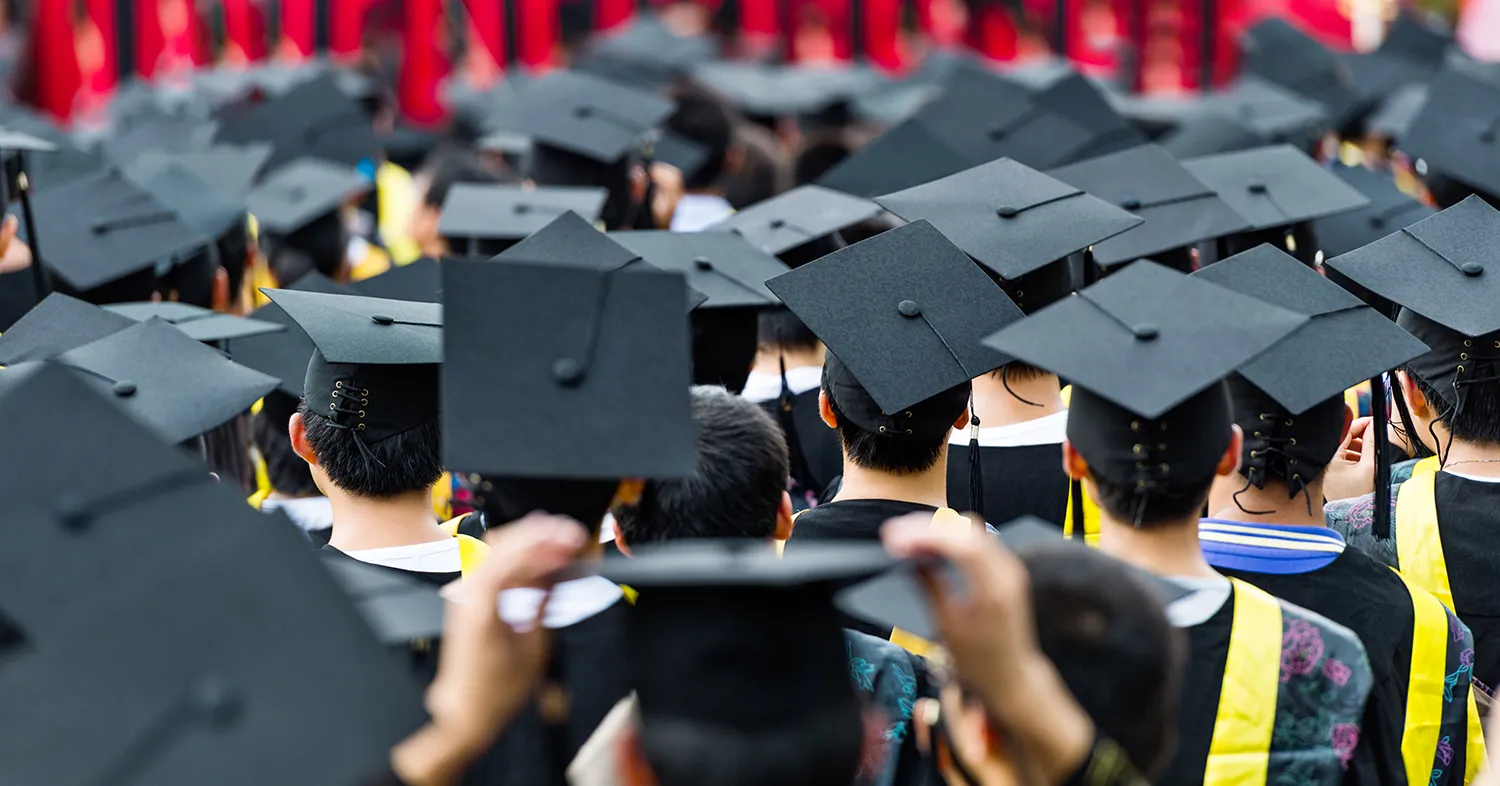
The ranking helps students choose the best universities, assists employers in finding talent, and enables universities to assess their strengths and weaknesses. It increases transparency, fuels competition, and improves the quality of specialist training.
Not Just a List — A Reflection of Trends
The AI talent landscape has shifted rapidly over the past five years. In 2021, HSE topped AI-related rankings for the first time. By 2022–2023, specialized AI bachelor’s programs appeared at MIPT, SPbU, and other universities. The AI Alliance released its first official ranking in 2023, with a simpler two-category system (A and B). The 2024 edition confirmed stability among leaders and showed stronger positions for regional universities. Now, in 2025, the third version introduces the A++ category and broadens the ranking’s coverage.
In the coming years, the ranking will evolve by expanding its evaluation methods to include professional programs, master’s degrees, intensive courses, and continuing education. Regional universities are expected to play a bigger role, raising AI training standards nationwide. New criteria will assess scientific publications, participation in international projects, and industry partnerships.
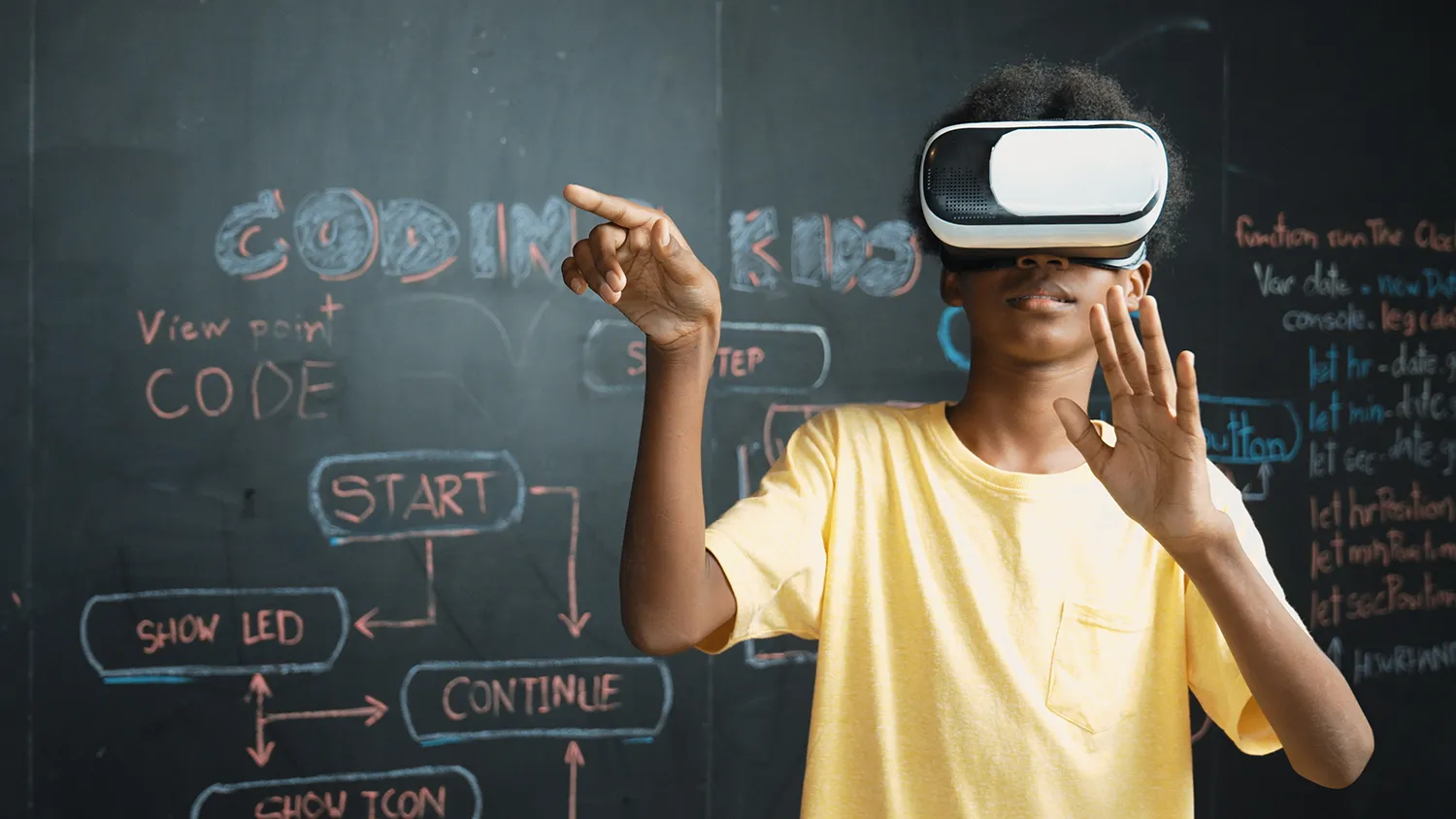
Currently designed for a domestic audience, the ranking already has the potential to become an international benchmark. If Russia expands the export of its educational programs, strengthens international ties, and enhances transparency in its assessment methodology, such rankings could help promote Russian education abroad.
Ultimately, the AI university ranking is more than a leaderboard — it’s a snapshot of trends, challenges, and opportunities in the field.


